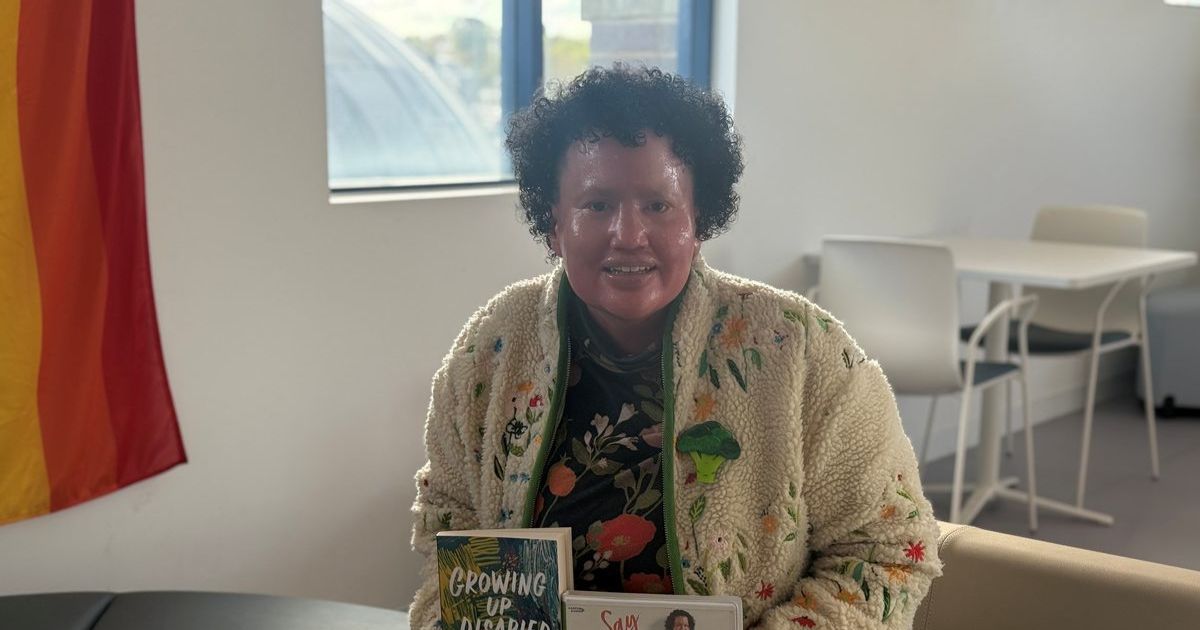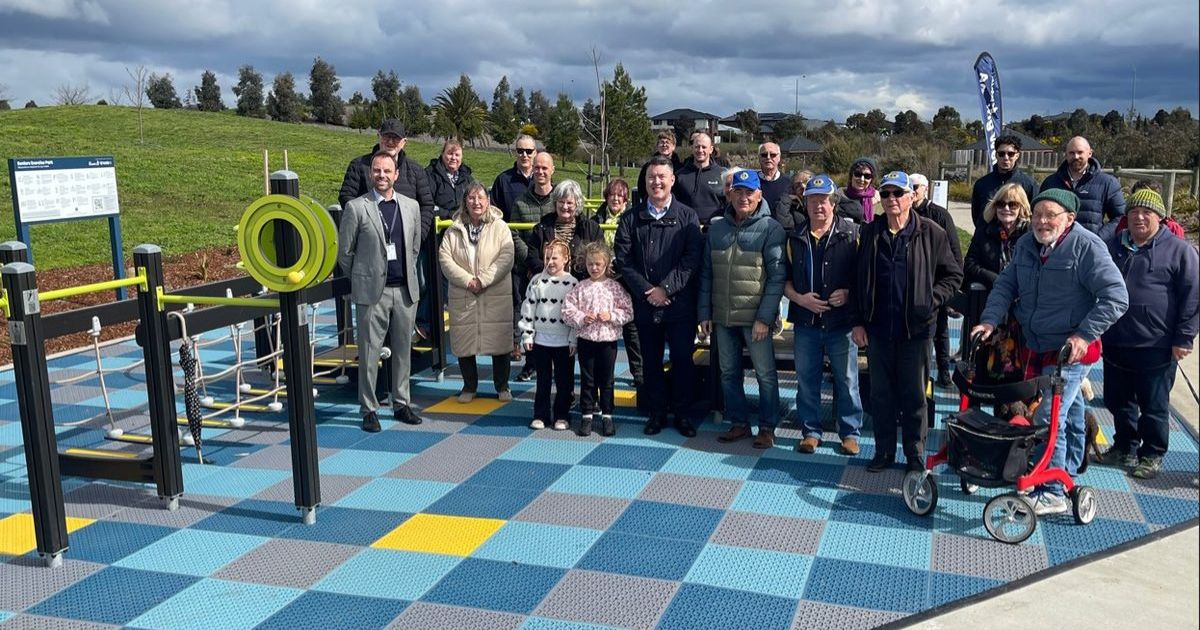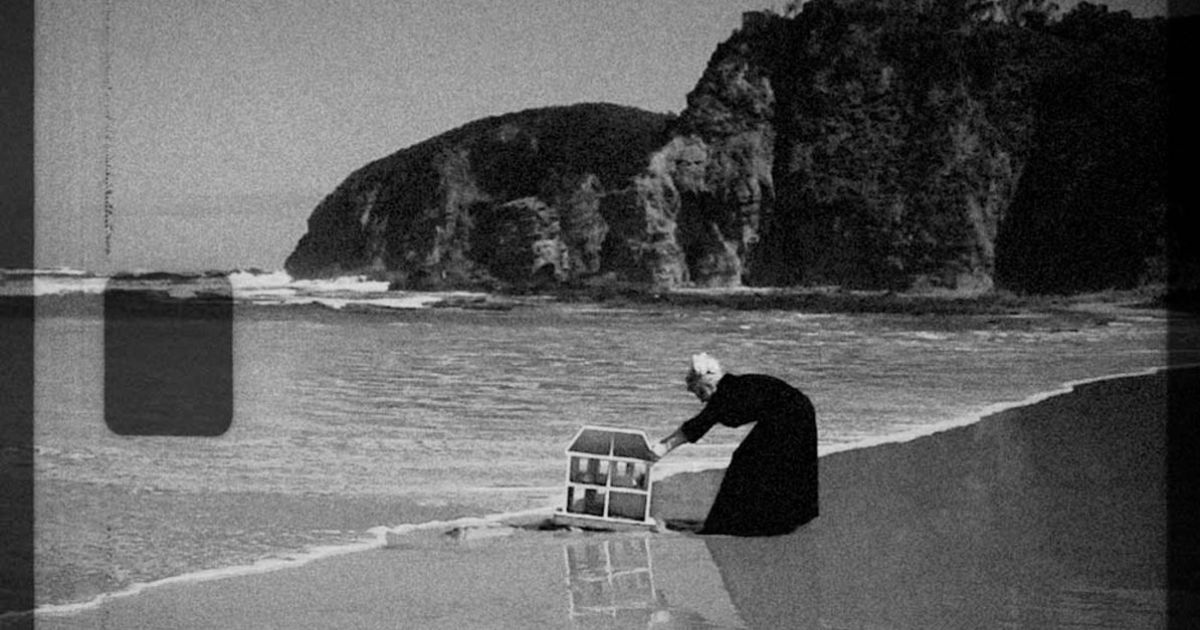Activist calls to prioritise accessibility over heritage

Writers' forum: Appearance activist Carly Findlay was at Ballarat Library last week. Photo: MIRIAM LITWIN
AWARD-winning writer, speaker, and appearance and disability activist Carly Findlay said it is critical historic towns like Ballarat prioritise accessibility over heritage.
Ms Findlay visited Ballarat last week for the Own Voices Forum: Writeability Goes Regional at Ballarat Library.
She said it was wonderful to see a building which is so accessible.
“This library for example is incredible in that it has accessible spaces; there’s a changing places toilet for people who might need a hoist, there’s a lot of different public services that a library provides,” she said.
“When you have things like heritage buildings that are unable to be accessible, that’s a real issue that we are preserving colonisation, that we are putting the heritage of the building over people.”
The Writability forum encouraged people with disability to tell their stories and introduced the Social Model of Disability.
Ms Findlay lives with a rare, severe skin condition called ichthyosis which causes skin to build up and scale.
“The Social Model of Disability sees that society has disabling barriers and that the barriers can be dismantled so that disabled people can live more accessible and independent lives,” she said.
“An accessible building should have a ramp at the entrance rather than steps, accessible toilets…
“Disabled people are disabled by society, and our bodies aren’t the problem.”
Ms Findlay said it is important disabled people can share their stories through writing.
“When children read books it’s often their first experience of the outside world,” she said.
“When books contain children or characters with a disability it shows what’s possible.
“It also gives disabled people access to telling stories through our own voices and that’s really important.”
Ms Findlay was awarded a Medal of the Order of Australia in 2020 for her work as a disability advocate, and in 2022, she provided a testimony about abuse in public spaces for the Disability Royal Commission.
She is a published author and writes for several news outlets about disability and appearance diversity.
In 2014, she was named one of Australia’s most influential women in the Australian Financial Review and Westpac 100 Women of Influence Awards.


















